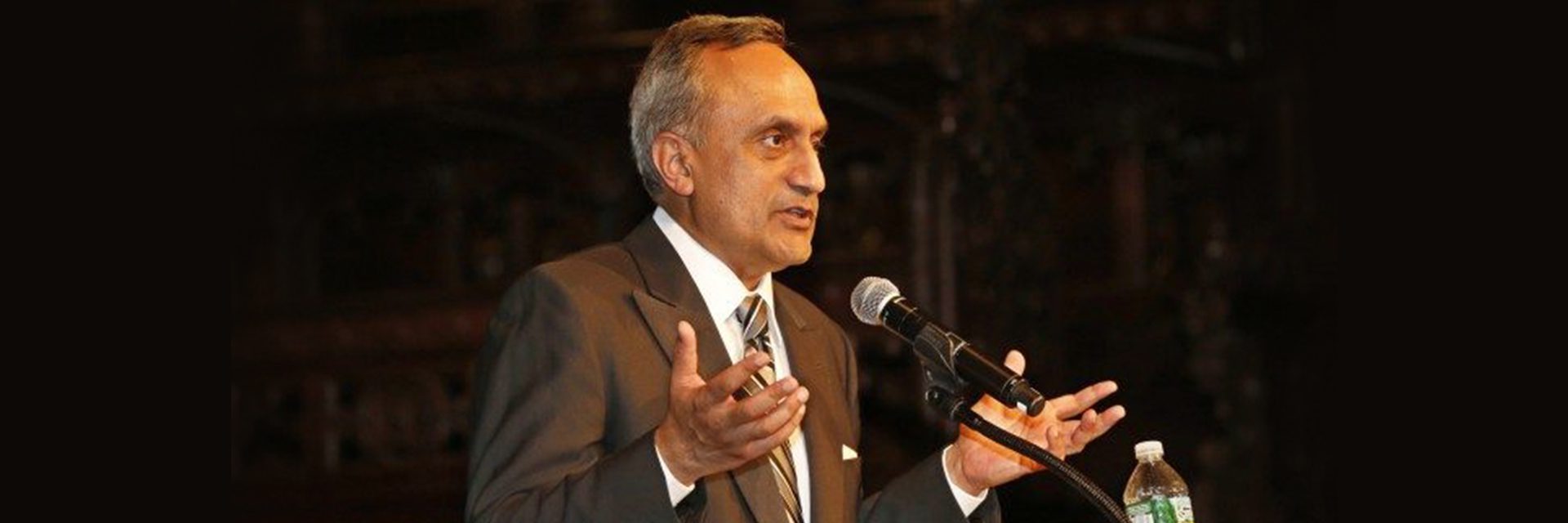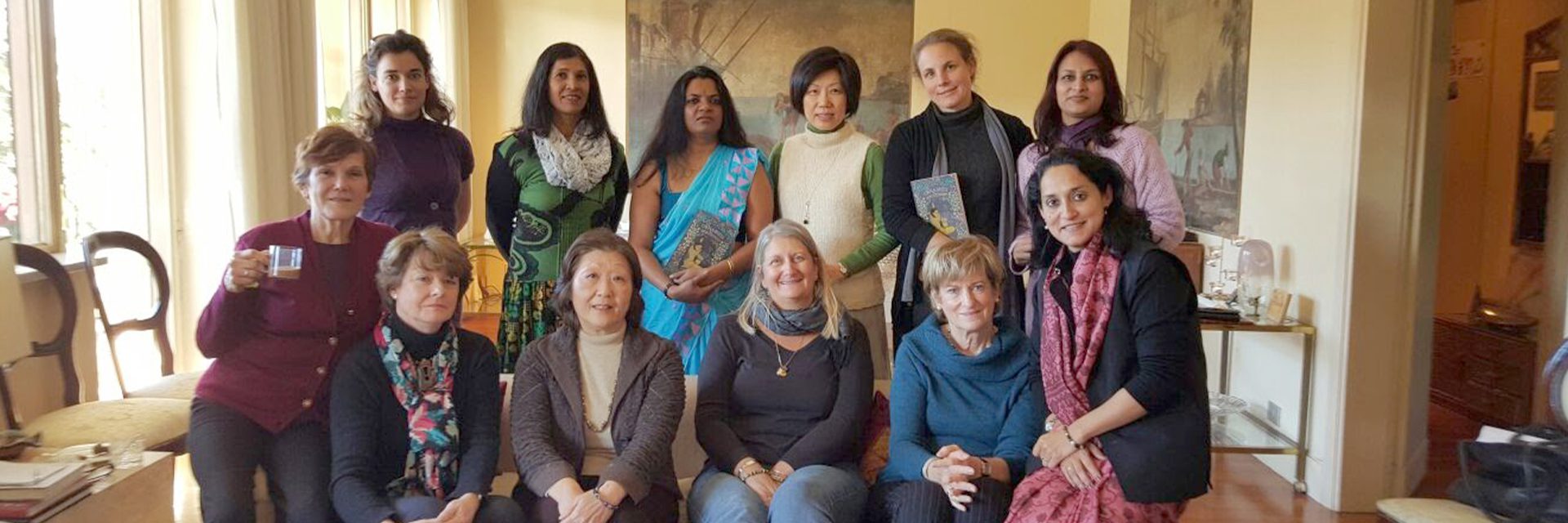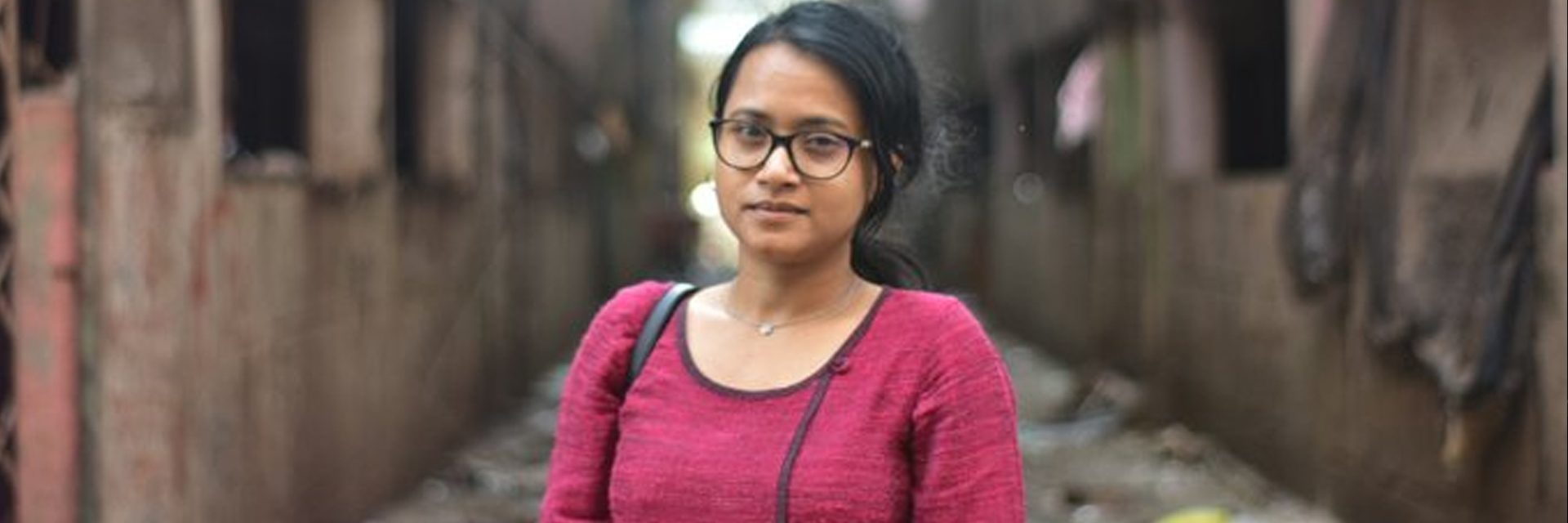(May 10, 2022) Innovation, disruptive thinking and driven by the need to make a positive change, philanthropists from the Indian diaspora have made a powerful impact on healthcare, education and the livelihoods of underprivileged communities in India and across the world. A June 2020 report by Indian diaspora.org revealed that during the pandemic, Indian-origin companies donated some “$400 million in cash, products, and humanitarian aid.”
“The diaspora’s philanthropic efforts have had an outsize impact,” says the report of July 2020 highlighting Indian Americans in philanthropy. “Not only has the aggregate donations reached $1 billion per year but the diaspora also volunteers its time at almost twice the rate of the average American.”
Global Indian turns the spotlight on entrepreneur-philanthropists who are making impactful contributions and bridging disparities everywhere.
Manoj Bhargava, founder, Hans Foundation and Billions in Change
From living as a monk in India, to running a plastics company in Florida, Manoj Bhargava’s career has been versatile, to say the least. The Indian-American billionaire launched 5- Hour ENERGY, one of the most recognizable energy drink brands in the world. Far from living the high life, Manoj has dedicated 99 percent of his wealth to helping those in need. His unique, zero-profit business model is engineered to serve as many people as possible.
Manoj’s philanthropic initiative, Billions in Change develops and delivers inventions that bring basic requirements like food, clean water, electricity, healthcare, education and livelihood opportunities to the underprivileged. The Hans Foundation engages with philanthropists, foundations, corporations, and non-profit organizations whose interests align with its mission. “More than 90 percent of what I make goes to charity. So, I don’t live that differently. To me, it’s really simple. If you have more money than your lifestyle, then you can either do something stupid or smart. That’s not much of a choice. It’s like saying ‘You are on the roof, you can either take the elevator or you can jump’. That’s not a choice. So, the only reasonable thing is you do something for other people,” Bhargava says.
Romesh Wadhwani, founder, Wadhwani Foundation
An Indian-American billionaire technologist and philanthropist, Romesh Wadhwani has built more than 40 successful technology companies. He is the founder, chairman and CEO of Symphony Technology Group, which brings technological solutions to strategic sectors including retail, CPG, manufacturing, financial services, media, and IT service management. He is the biggest limited partner in each of Symphony’s private equity funds, the third of which closed at $870 million.
Romesh has nurtured his philanthropic goals into a leading foundation focused on accelerating job creation in India and other emerging countries in Asia, Latin America, and Africa through large-scale initiatives in entrepreneurship, small business growth, and skilling. He has also launched the non-profit Wadhwani Institute for Artificial Intelligence, intending to use AI to accelerate social development in the world’s most vulnerable communities in India and other emerging economies along with his brother, Sunil Wadhwani. “I have committed to giving away 80 percent of my wealth, much of it in India, but also in other countries,” said the philanthropist, whose parents had to go through hardships to send him to IIT-Bombay to study.
- Follow Romesh Wadhwani on Linkedin
Sunil Wadhwani, founder, WISH Foundation
Entrepreneur, investor, and philanthropist Sunil Wadhwani resides in Pittsburgh, Pennsylvania and is an active angel investor. He has invested in over 30 early-stage technology companies and served on the boards of several of these ventures. The ventures belong to a range of sectors including healthcare, life sciences, software, IT services, social media, and financial services. He is also co-founder and chairman of the Board of Mastech Corporation, a provider of high-value information technology services, and managing partner at SWAT Capital.
Sunil established the WISH Foundation in India to strengthen the primary healthcare delivery system for underserved populations in developing countries. The foundation manages over 700 health centers, covering a population of 140 million. Over 11 million patients have been served to date. The WISH Foundation is dedicated to creating an equitable healthcare system and to make quality primary healthcare available and accessible to the underserved populations. “It has always struck me that there are over 3.5 million NGOs in India. It’s a giant number, but there is no organized kind of body to represent that group. I think if the larger NGOs, or perhaps a group of philanthropists, were to come together and promote the sector as a whole and form a set of disclosure metrics beyond what the government requires, that could develop an ecosystem where people would feel more comfortable giving,” said the alumnus of IIT Madras and Carnegie Mellon University.
- Follow Wish Foundation India on Linkedin
Rizwan Adatia, founder, Rizwan Adatia Foundation
From humble beginnings in Porbandar, Gujarat, Rizwan Adatia migrated to DR Congo, Africa to earn a livelihood at the age of 17. Fighting adversities with focus and determination, he successfully expanded his business, then a small chain of shops, to form COGEF Group, a multi-million-dollar business conglomerate in Africa. With its presence in eight African countries, and operations in vast sectors like manufacturing, retail, import and export, COGEF is the leading wholesaler, and number one player in the cash and carry retail market in Africa. A film adaptation of his life was out in the theatres in 2020.
Rizwan contributes the bulk of his profits to a wide array of philanthropic causes across Asia and Africa. His foundation focuses on improving health systems and promoting food security in disadvantaged communities while encouraging self-reliance through economic inclusion for vulnerable citizens, especially women and children, and skilling to promote workers’ employability and adaptability. “Even when I had few resources, I tried to reach the needy. Thus, when fortune smiled at me, I did not waste time and established the foundation for the work I enjoyed the most – making others happy,” says the tycoon.
- Follow Rizwan Adatia on Linkedin



